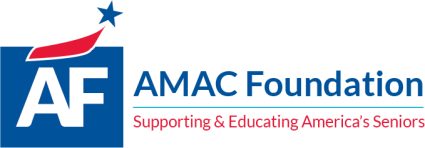New Kaiser/New York Times Survey Finds One in Five Working-Age Americans With Health Insurance Report Problems Paying Medical Bills
(Source – Kaiser Family Foundation)
Among the Insured with Medical Bill Problems, 63% Report Using Up Most or All Their Savings and 42% Took on an Extra Job or Worked More Hours
Half of People Without Health Insurance Report Problems With Medical Bills, and They Face Similar Financial and Personal Consequences As Those With Insurance
Among people with health insurance, one in five (20%) working-age Americans report having problems paying medical bills in the past year that often cause serious financial challenges and changes in employment and lifestyle, finds a comprehensive new Kaiser Family Foundation/New York Times survey. As expected, the situation is even worse among people who are uninsured: half (53%) face problems with medical bills, bringing the overall total to 26 percent.
While insurance can protect people from problem medical bills, the survey suggests that those with employer coverage or other insurance suffer similar consequences as the uninsured once such problems occur. Among those facing problems with medical bills, almost identical shares of the insured (44%) and uninsured (45%) say the bills had a major impact on their families.
People with insurance who face problem medical bills also report a wide range of consequences and sacrifices during the past year as a result, including delaying vacations or major household purchases (77%), spending less on food, clothing and basic household items (75%), using up most or all their savings (63%), taking an extra job or working more hours (42%), increasing their credit card debt (38%), borrowing money from family or friends (37%), changing their living situation (14%), and seeking the aid of a charity (11%). These shares are generally as large as or larger than the shares among uninsured people with problem medical bills. Read more…
Notice: The “Read more…” link provided above connects readers to the full content of the posted article. The URL (internet address) for this link is valid on the posted date; medicarereport.org cannot guarantee the duration of the link’s validity. Also, the opinions expressed in these postings are the viewpoints of the original source and are not explicitly endorsed by AMAC, Inc.; the AMAC Foundation, Inc.; or medicarereport.org.
